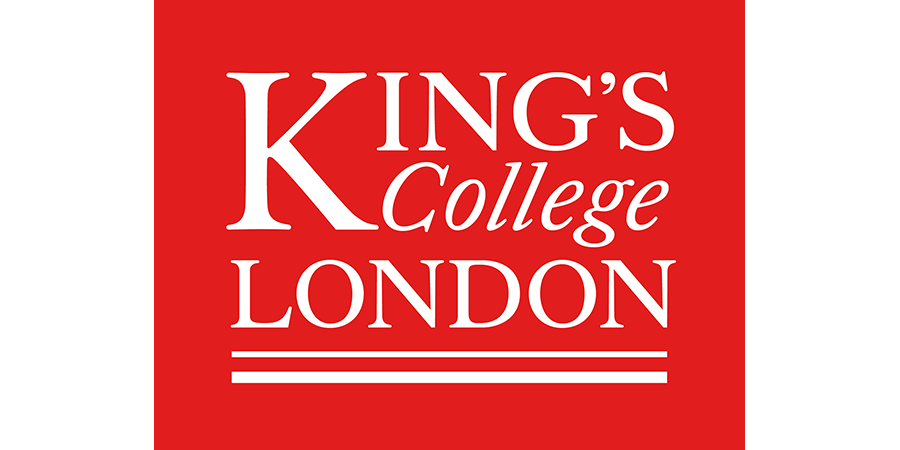Research Associate
King's College London - Physics
| Location: | London |
|---|---|
| Salary: | £44,355 per annum, including London Weighting Allowance |
| Hours: | Full Time |
| Contract Type: | Fixed-Term/Contract |
| Placed On: | 6th June 2025 |
|---|---|
| Closes: | 1st July 2025 |
| Job Ref: | 116987 |
About us
King’s College London is consistently ranked among the UK’s top 10 universities by the QS World University Rankings and is home to one of the country’s leading Physics departments.
Our department brings together internationally renowned scientists engaged in cutting-edge research across a broad spectrum of interdisciplinary fields. This work extends across the Faculty of Natural, Mathematical & Engineering Sciences and is further strengthened by flagship initiatives such as the Net Zero Research Centre.
About the role
This is a full time role (35 hours per week), offered on a fixed term contract under the supervision of Dr. Ivana Savic at the Department of Physics, King’s College London and the co-supervision of Prof. Johannes Lischner at the Department of Materials, Imperial College London. The successful applicant will start on September 1st, 2025 or soon thereafter, and the position is fully funded up to August 31, 2028.
The purpose of this role is to carry out research on the Leverhulme Trust Research Project titled “Harnessing electron-phonon interactions in nanoplasmonic solar energy conversion”. The goal is to develop new computational methods that will enable design of metallic nanoparticles with dramatically increased efficiency of solar to chemical energy conversion by exploiting the interactions of hot carriers generated by light with lattice vibrations (phonons).
The key obstacle to exploiting phonon-assisted processes in accelerating chemical reactions on the nanoparticle surface is the lack of computational approaches that can describe these processes in realistic nanoparticles (which contain more than one million atoms). In this project, we will develop a new atomistic modelling approach based on the Kernel Polynomial method that will overcome this challenge.
The successful applicant will carry out ab initio calculations of electronic and vibrational properties and electron-phonon coupling in bulk materials, small nanoparticles and surfaces. S/he will then use these calculations to parametrize and verify the Kernel Polynomial method to calculate electron-phonon coupling in large nanoparticles, which will be developed by another postdoc working on the project based at Imperial College London. S/he will use the Kernel Polynomial method to study physical processes driven by electron-phonon interactions in large nanoparticles for applications in photocatalysis.
The successful candidate will work both independently and as a part of the team to deliver the outputs of the Leverhulme Trust Research Project. S/he will report results to team leaders and collaborators. S/he will effectively communicate research findings, usually in the form of journal publications and conference presentations. S/he will also partially supervise/assist postgraduate and/or undergraduate students.
Advert information
Type / Role:
Subject Area(s):
Location(s):









